Applications for “Health Equity Course-2025” are open!

The outline of the project
A 10-day participatory training course is a key component of this project.
Participants of the course
Young community leaders and health frontiers
The outputs of the course
1. To sensitize the participants on the basic principles of health rights
2. To build capacities of the participants to identify health issues through the social determinants and the rights-based lens.
3. To build capacity of the participants to understand and critically analyze health related policies and systems
4. To build capacity of the participants internalize the participatory approach
5. To develop a community-based action plan to fulfill and protect health rights.
After the course…
The participants implement their action plan in their respective communities. And moreover, the participants keep updating with each other on the progress of their community-based actions and exchanging the lessons learnt.
Title: Building a Community of Young Leaders for Combating Health Inequities and Health Challenges in India
Area: Rajasthan and other states of India
To build a community of young leaders and health frontiers for bridging health inequity through community mobilization and building effective demand for conducive health care policies and practices so as to make free, quality and accountable health care available and accessible to all.
Background:
The public health care system of India faces several constraints to deliver quality health care services. The lack of orientation of public healthcare providers around socio-economic determinants of health and low level of health awareness among a large population make access to public health care services even more challenging especially for the poor and vulnerable sections of the population.
In order to put the different health policies into operation effectively and efficiently, extensive civil society engagement will be required to collaborate with the government, healthcare providers and also with the communities. Meanwhile, Prayas has confirmed the effectiveness of participatory method on ownership shifting for claiming the effective demands.
The role and responsibilities of Prayas
1. Have the overall responsibility for the project cycle management.
2. Mobilize human resources for the organizing committee* and the mentor group from Jan Swasthya Abhiyan (People’s Health Movement in Rajasthan, India) and Learning community.
3. Facilitate team building and capacity development of the organizing committee.
*Organizing committee is in charge of;
– Plan, prepare, implement, monitor, and evaluate the course.
– Enable the participation of the course to strengthen existing network in their respective communities and build new action-based networks committed to community empowerment and multi-sectoral collaboration.
– Monitor and evaluate the impact of the course on the participants and their respective communities.
– Mobilize financial and physical resources that are necessary for implementation of this project.
The role and responsibilities of AHI
1. Financial supports for;
(i) creation of the participatory training module and follow-up mechanism
(ii) formation and capacity development of the organizing committee for sustainable project management and development.
2. Coordinate the human and intellectual resource from among the Learning Community
Words from the Kickoff meeting
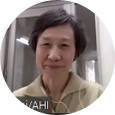
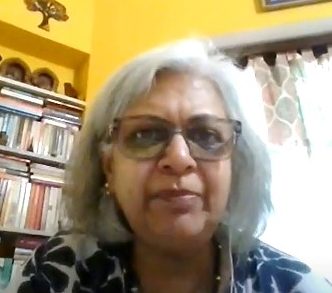
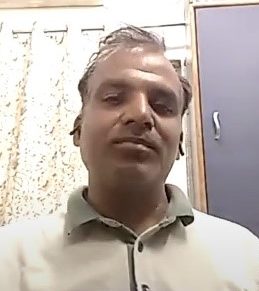
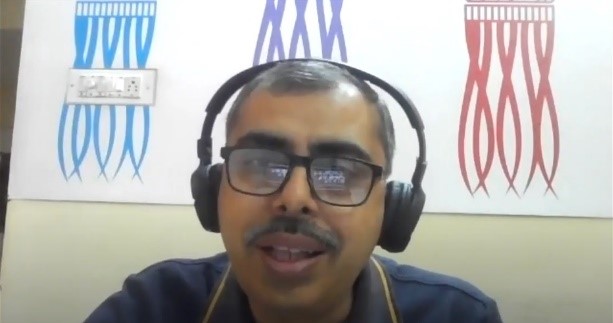
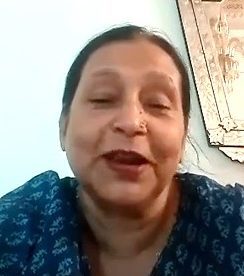
The current challenge is how we take time out to be a mentor or an organizing committee member to manage this project together, apart from our own responsibility in the organization. But, I hope that we all put our best into this project."
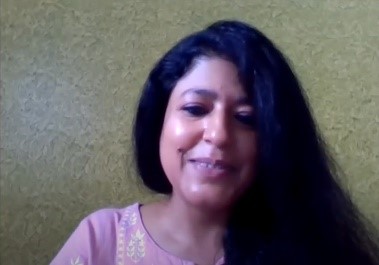
I’m looking forward to seeing that the training course in which we stay together 24-7 for 10 days will bring a new dimension to us, have us move forward and let our young leaders and health frontiers make a difference."
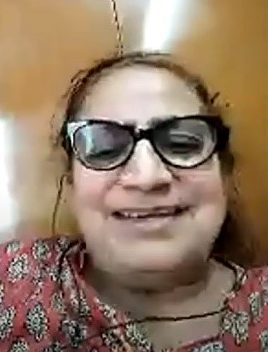
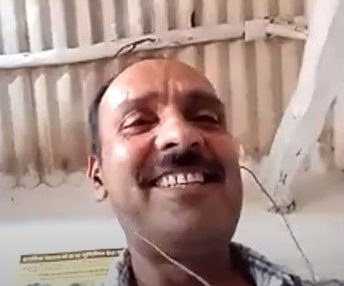
Add Your Heading Text Here
- Categories
- Learning Community


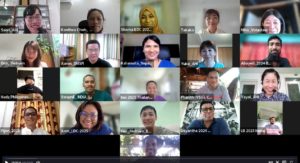
3 thoughts on “Applications for “Health Equity Course-2025” are open!”
Comments are closed.